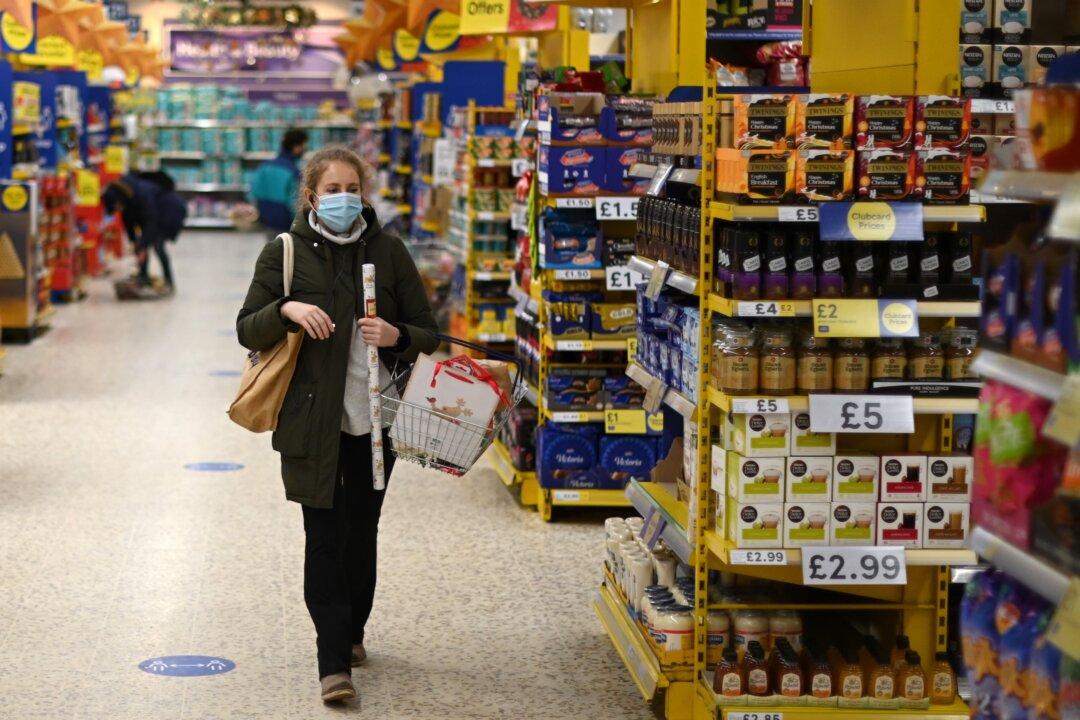Britons will not need to stockpile food as they prepare for possible disruptions a no-deal Brexit might cause in the New Year, UK Business Secretary Alok Sharma said on Monday.
If Britain and the European Union fail to reach a free trade agreement by the end of the Brexit transition period on Dec. 31, the two sides will start trading on World Trade Organisation (WTO) terms, with tariffs or taxes being levied on bilateral trade in goods.





